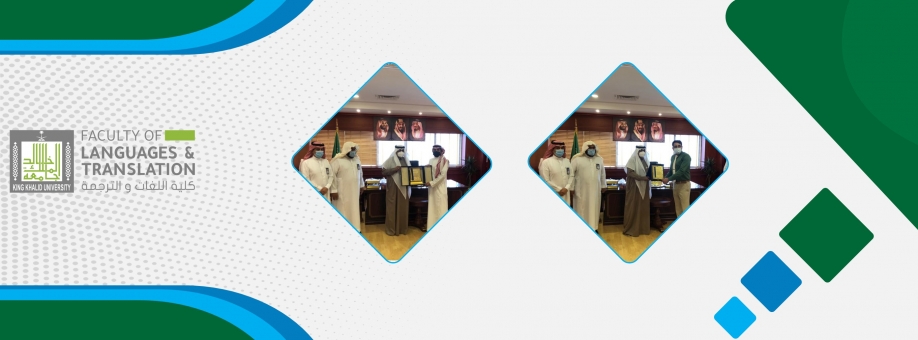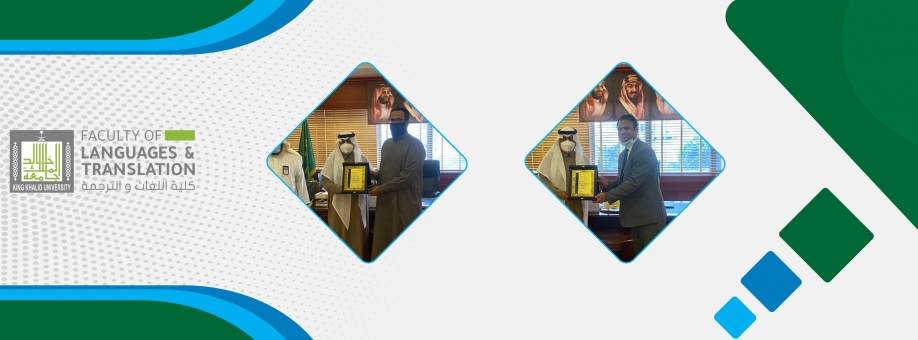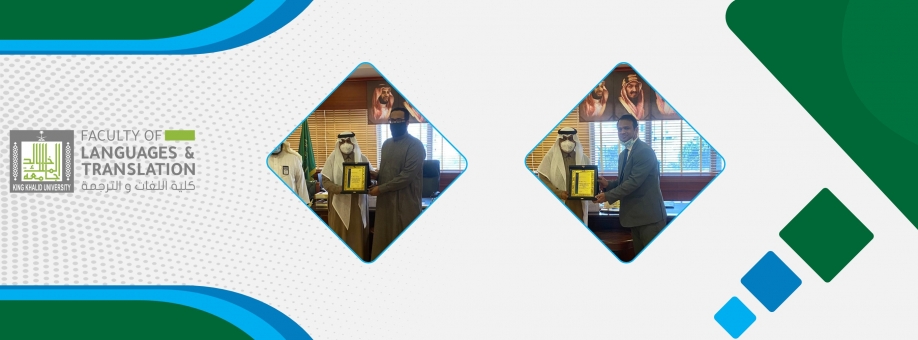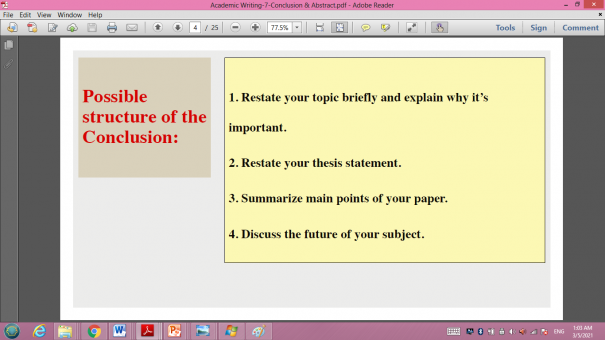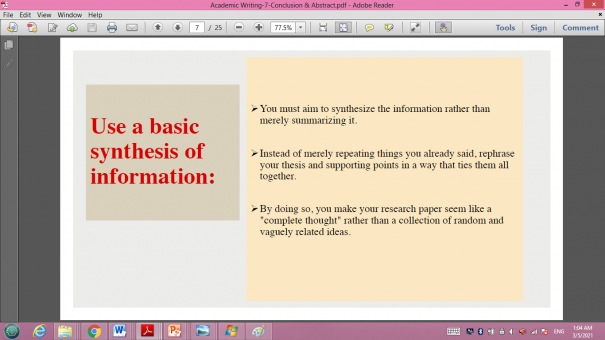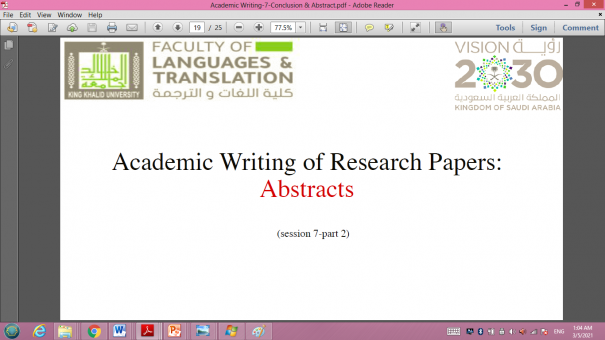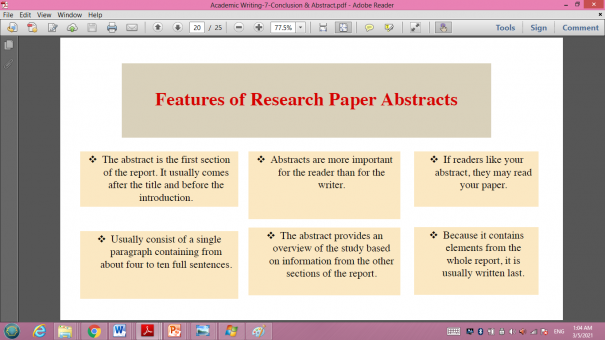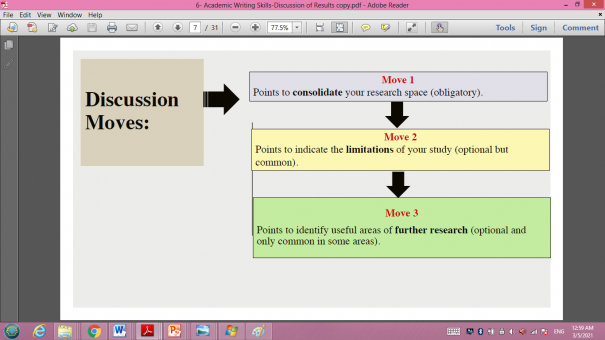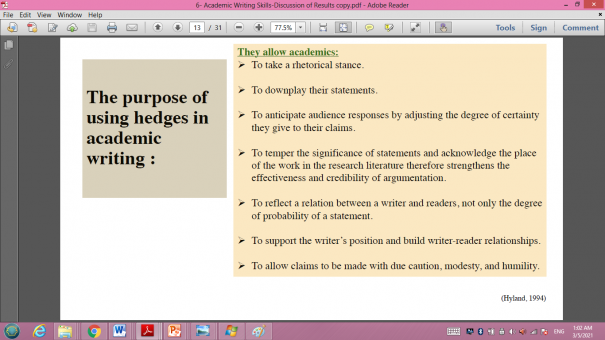Faculty Members Receive Plaques of Appreciation for Teacher Training Webinars
On 14 March 2021, faculty members were delighted to be invited to attend an award ceremony at the General Directorate of Education in Asir where Vice Dean for Academic Development & Quality, Dr. Abdulrahman Almosa, was presented with several plaques of appreciation for the management and implementation of the first in-service EFL teacher training series of webinars to over 500 teachers in the Asir Public School System.
Director of Education in Asir, Saad Al-Jouni, welcomed all participating faculty members in attendance, noting that the Faculty of Languages and Translation demonstrated outstanding work. He looked forward to increased cooperation and commended the professional development series of webinars developed under the supervision of leadership at the Faculty of Languages and Translation. Deputy Director, Safar Al-Butaidi, and Administrative Supervisor, Mohammed Al-Tarish, echoed Director Al-Jouni's remarks and called for increased cooperation.
The webinars, generously supported by the technical capabilities of King Khalid University's Deanship of E-Learning, were also run under the supervision of Department of English Head, Hussein Asiri, at the General Directorate of Education in Asir. Asiri explained that continuous professional development of teachers will increase awareness of best practices in the latest modern teaching methods.
The following faculty members received plaques of appreciation for past and/or future planned work:
Dean, Dr. Abdulllah Al-Melhi;
Dr. Abdulrahman Almosa;
Mr. Hassan Costello;
Dr. Sara Huseynova;
Mr. Mohsin Raza Khan;
Dr. Sayyed Rashid Ali Shah.
Dr. Sheila Simpkins.
The Bachelor of Arts in English program is committed to offering expertise to teaching staff in the Asir Public School System in accordance with a plan that meets their needs and contributes to the development of their performance.
Date: 3/15/2021
Source: Faculty of Languages and Translation

